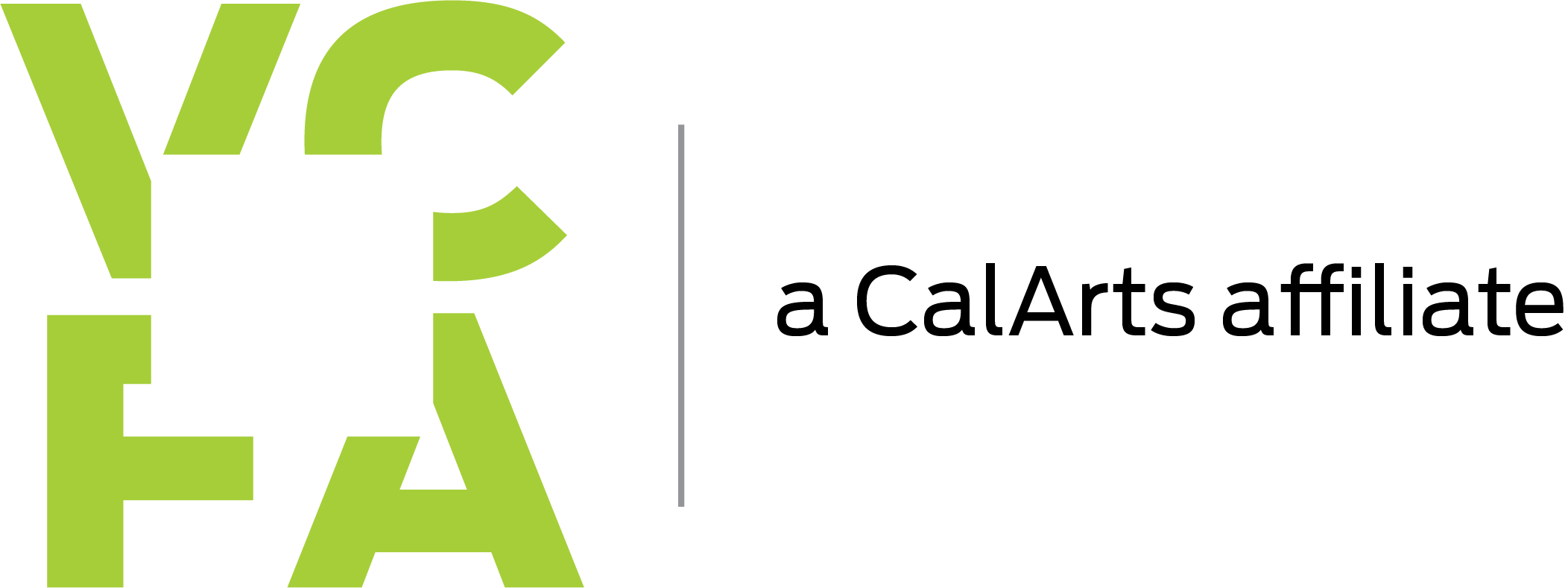Postgraduate Writers’ Conference
VCFA’s annual Postgraduate Writers’ Conference celebrates its 30th year as a haven for serious, emerging practitioners seeking to connect, recharge, and lift their process and craft to new levels.
The heart of the conference’s unique model is intimate workshop groups limited to five or six writers, led by a member of our acclaimed faculty. This format allows for in-depth, far-reaching discussion of participants’ work. Beyond the daily group sessions, each member has an individual consultation with the workshop instructor. The full schedule also features readings by faculty and participants, craft talks, generative writing sessions, and social events that galvanize our lively, inclusive community.
For 2025, we’re thrilled to return to the Vermont campus of Champlain College in beautiful Burlington, where the state-of-the-art facilities and spectacular surroundings only add to the magic of our cherished gathering.
The small city of Burlington is a true Vermont jewel, on the shore of Lake Champlain and overlooking the Adirondack Mountains due westward. Champlain College, which serves as a conference and event center during the academic off-season, is within easy walking distance of the vibrant culinary and cultural hub of downtown, and a few miles from Burlington International Airport.
Faculty
Each year, we assemble a luminous roster of conference instructors, including members of VCFA’s own award-winning MFA program faculty along with a beloved crew of PWC regulars. Writers are selected not only for the brilliance of their own work but for their devotion to teaching and support of the conference philosophy. We are pleased to announce our August 2025 lineup:
Creative Nonfiction
Novel
Short Story
Poetry
Poetry Manuscript
Participant Feedback
“Best week of my writing life.” —Ann Carson DeWitt
“What a wonderful experience. It really felt like a conference of peers.” —Nathan Long
“There is something magical going on up there. I think you have perfected the writers’ conference as we know it.” —Lisa Hartz
“I love that there is no border between students and teachers. A true creative community.”—John Hudson
“One of the most positive experiences I’ve ever had, and definitely the most valuable conference I have attended.” —Rebecca Caum
Contact
Ellen Lesser
Conference Director
[email protected]
The Postgraduate Writer
The majority of PWC participants have MFAs, whether from VCFA or other distinguished writing programs across the country and internationally. Others have PhDs, MAs, or graduate study in related disciplines. PWC also welcomes participants without graduate degrees who have garnered equivalent experience along different pathways. While we applaud an applicant’s publishing credits, they’re not a prerequisite. For us, it’s about the work and a writer’s desire to take it to the next level.
Workshops
The small-group workshops meet daily, Sunday through Thursday. Manuscripts are due in early July and distributed about four weeks ahead of our starting date to allow thoughtful preparation for group discussions. Depending on the genre and instructor, workshop sessions may include other activities beyond critiques, such as in-class exercises and consideration of additional texts and broader craft topics. Some groups take on “homework” during the week, including targeted revision assignments or generating new material.
Typical Day
Most days begin with a guided generative writing session, followed by workshop group meetings. After lunch, faculty present craft talks or panels. Late afternoons feature our participant readings, always a conference highlight. The post-dinner spotlight shines on readings by faculty, with evenings capped off by a social gathering.
Registration
If you have an MFA or PhD in creative writing, you are automatically eligible to participate in the conference. However, thanks to our trademark small workshop size, groups fill quickly.
While registration is now officially open, the online form does not indicate actual availability of spaces in specific workshops or genres. Please check in with the Conference Director about openings BEFORE proceeding to register.
Once particular groups or genres are full, we continue to place writers on an active waiting list. Spaces can reopen as people’s summer plans change, so it’s always worth touching base and taking a spot on the waiting list.
If you do not have a graduate degree in creative writing but would like to attend the conference based on your equivalent experience, please send a detailed letter of interest describing your writing and related background along with a five-page sample of your work (by file attachment) to Conference Director Ellen Lesser at [email protected]. Please note that, as a non-degree-holding candidate, you must complete this admissions process prior to registration.
Campus Accommodations
Most attendees opt for on-campus housing and meal service, for the convenience and camaraderie. We’re pleased to offer the improved amenities at Champlain College. The rooms are comfortable, modern dormitory-style singles, with shared bathrooms. Champlain’s dining hall provides a high-quality food-service experience, complete with multiple entrée stations and a fresh salad bar, catering to different tastes as well as dietary preferences and/or restrictions. Burlington also has plentiful nearby off-campus lodging and dining available.
Tuition and Fees
- Non-refundable deposit due at time of registration: $250
- Standard workshops: $1,150
- Poetry Manuscript workshops: $1,350
- On-Campus Housing (optional): $450
- Full Conference Meal Plan (optional): $325
- Balance Due June 1
- Cancellation and Refund Policy
Scholarships
We have funding available for partial scholarships, including to support and encourage diversity and representation within our conference community. Email Conference Director Ellen Lesser at [email protected] to request a scholarship and state your level of need. Please also attach a description of your writing and related background and your aims for attending the conference, along with a brief (five-page) sample manuscript.
Applications are accepted on a rolling basis until June 1; early requests are encouraged.

